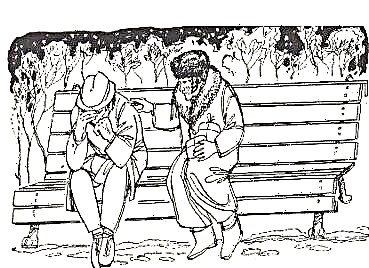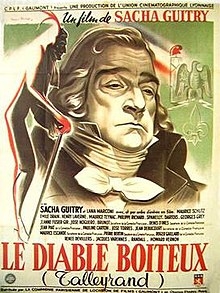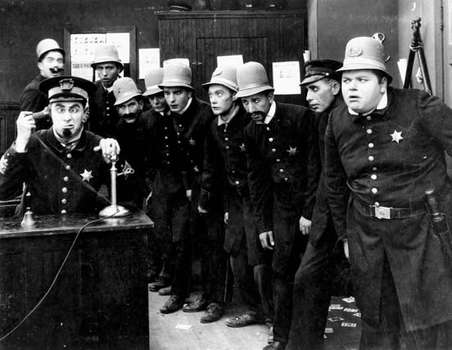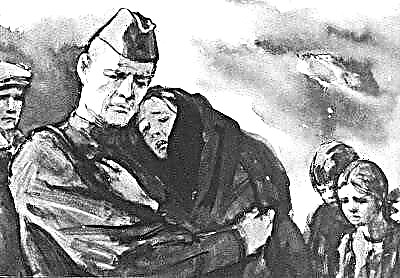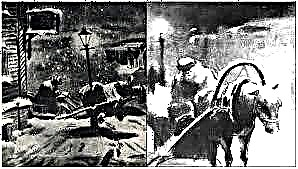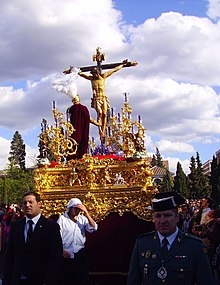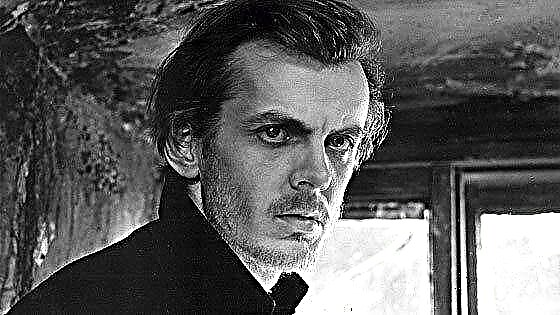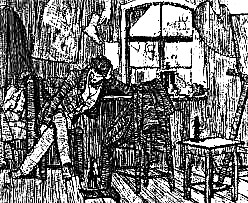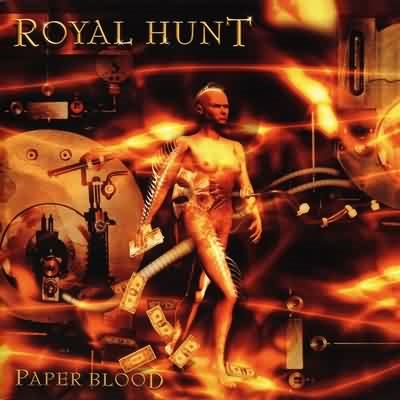Childhood seems to the narrator as a huge garden without end and edge. She spends it in the country with friends, children like her. The girl’s neighbors are seen as characters in the children's counters “Sitting on the Golden Porch ...”.
Four dachas are without fences, and the fifth is “own house”. The narrator wants to see what is inside, but the mistress of the house, the huge white beauty Veronika Vikentievna, is “the queen, the most greedy woman in the world.” Her husband, a fifty-year-old Leningrad accountant, Uncle Pasha, is a little timid, tucked up. Every day at five in the morning he hurries to a steam train to catch a job.
On the veranda Veronica hangs strawberries, jam for herself, neighbors for sale. Under her feet roam white chickens, turkeys. Greedy Veronica quarrels with the storyteller’s mother for a long time over an egg that she sold to her on condition to cook and eat. Instead, mom gave the egg to the landlady, who could put it under the chicken and breed “the same unique breed of chickens that she ran in the garden of Veronika Vikentievna.” They eat the egg, but Veronica is offended for a long time. She stops selling strawberry and milk to the storyteller's family, fences the house with a metal mesh and guards the household at night.
Winter is passing.Veronica is dying. Having a little fuss, Uncle Pasha brings Veronica's younger sister, Margarita, who is just as big and beautiful, to help with household chores. Finally, the narrator enters the house, which seems to her a treasure cave full of beautiful things. She notices that there is only one bed.
Years pass. The narrator is growing up. Uncle Pasha’s house no longer seems to her a treasury, she sees there only junk beaten by moths. The decrepit Uncle Pasha freezes on the porch of his house, not reaching the door ring. The new mistress, an elderly daughter Margaritina, pours Uncle Pasha's ashes into a can and puts it on a shelf in an empty chicken house. To bury is too troublesome.

